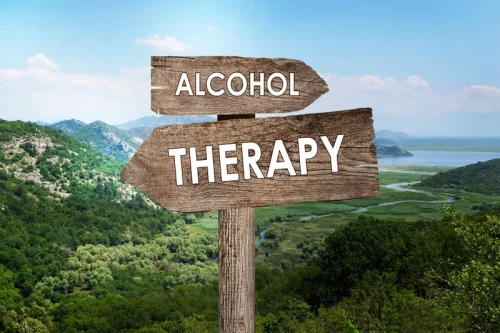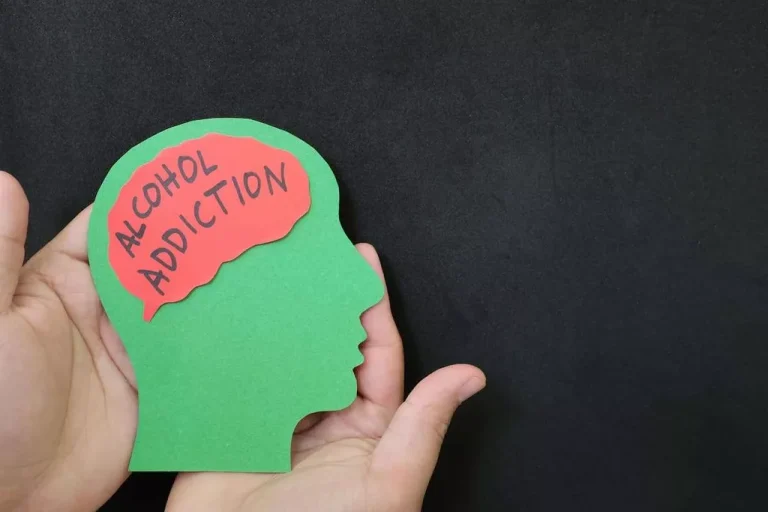
Meditation can help clear your mind to focus on what really matters. It pulls you out of a reactive state of mind and into a proactive state, which can be a powerful tool in helping treat alcohol withdrawal. The single way to prevent hangovers is to avoid alcohol altogether or drink in moderation, how to stop tremors from alcohol providing the body with lots of time to process the alcohol before consuming more. Alcohol-related brain damage is a brain disorder caused by drinking too much alcohol over several years. One of the significant risk factors for binge drinking and heart disease is high blood pressure.

Blood sugar changes
- Heavy, chronic drinking interferes with the body’s ability to regulate the neurotransmitters gamma-aminobutyric acid (GABA) and glutamate.
- If you’re trying to kick the alcohol habit and struggling with withdrawal symptoms, don’t go it alone.
- Hangover symptoms will typically resolve after about 24 hours.
- Others report experiencing hangover shakes in their arms, eyes, head, and even their voice.
- Deep breathing is an essential component to many of these practices and works to trigger the body’s natural relaxation response.
- You’re also more likely to have memory, concentration and coordination issues when you have a hangover.
- Allergens are a type of antigen that causes an allergic reaction in some people.
Alcohol shakes, or tremors, occur when a long-term or heavy drinker stops consuming alcohol. It can vary from person to person, but they are a common symptom of alcohol withdrawal. There are prescribed medications that can help ease the symptoms of alcohol withdrawal, including tremors.
How can I prevent a hangover (or reduce its severity)?
It may also help with hot flashes that can occur during alcohol withdrawal. Before you decide to go through alcohol withdrawal, write yourself a letter and keep it nearby for quick reference. The letter’s content should be encouraging and remind you why you are going through the challenge of detox in the first place.
How to stop allergens from disrupting your sleep
When washing your bed sheets it’s best to wash them at a 140ºF (60º C) . This is the temperature sweet spot for killing off any bacteria and dust mites that may be present. If you’re worried about washing your bed sheets the right way then follow our step by step guide on the 7 mistakes to avoid when washing bedding for more tips and tricks.
Health care should improve your health, right?

Those who have struggled with long-term, chronic alcohol dependency may experience shakes throughout the entire withdrawal process and sometimes even weeks beyond that. Treatment https://ecosoberhouse.com/article/15-benefits-of-the-alcohol-free-lifestyle/ for alcohol shakes and tremors depends on the severity of alcohol use. While some people can independently rid themselves of the shakes, others may need medical intervention.
The point is that eventually, your craving will go away — the wave will crash. Tell your close friends and family before you begin your detox, and ask them to support you. Consider creating a visiting schedule so you are never alone during the first week of detox. A supportive friend or family member can help you in many ways during withdrawal.
- You don’t need a special vacuum cleaner for this, just your regular household vacuum will do.
- Research shows that most people believe that drinking can make them feel better.
- You might also try journaling or spending some time with a supportive friend.
- Having the alcohol shakes, or tremors, is not the same as the DTs.
- Vitamins B1 (thiamine), B9 (folate), B12 and C are often recommended to aid recovery.
- While tremors aren’t life-threatening, they can be embarrassing or signal a bigger problem.
You may not need to completely reinvent your life to quit drinking, but making a few changes in your surroundings to help avoid alcohol triggers can make a big difference. Research shows that most people believe that drinking can make them feel better. However, when alcohol makes up part of your typical routine, drinking can become something of an automatic response, especially when you feel stressed or overwhelmed.
Hepatic encephalopathy develops when the liver cannot filter toxins from the blood that affect the brain cells. Nicknamed the ‘liver flap,’ this tremor is often compared to a bird flapping its wings and look similar to symptoms of Parkinson’s disease. If you’re dealing with some post-drinking shakes, there are a few things you can do to manage the symptoms. In short, alcohol shakes are usually part of a hangover and go away on their own, while DTs are a severe, medical emergency that requires immediate attention. Hangover shakes can last anywhere from a couple of hours to a few days. For people whose bodies struggle to process alcohol, they can even last up to a week.
- Alcohol withdrawal is most safely treated in a medically supervised environment.
- They are a clear indication that you are going through alcohol withdrawal.
- These changes in brain chemistry are part of the reason why long-term heavy drinkers often don’t appear drunk.
- It’s a good starting point to figure out if your drinking habits are something you should be concerned about.
- Alcohol withdrawal symptoms occur because the body relies on alcohol to function.
- Depending on the alcohol disorder’s severity, withdrawal symptoms may begin around 5 to 10 hours after the last drink or sooner.




